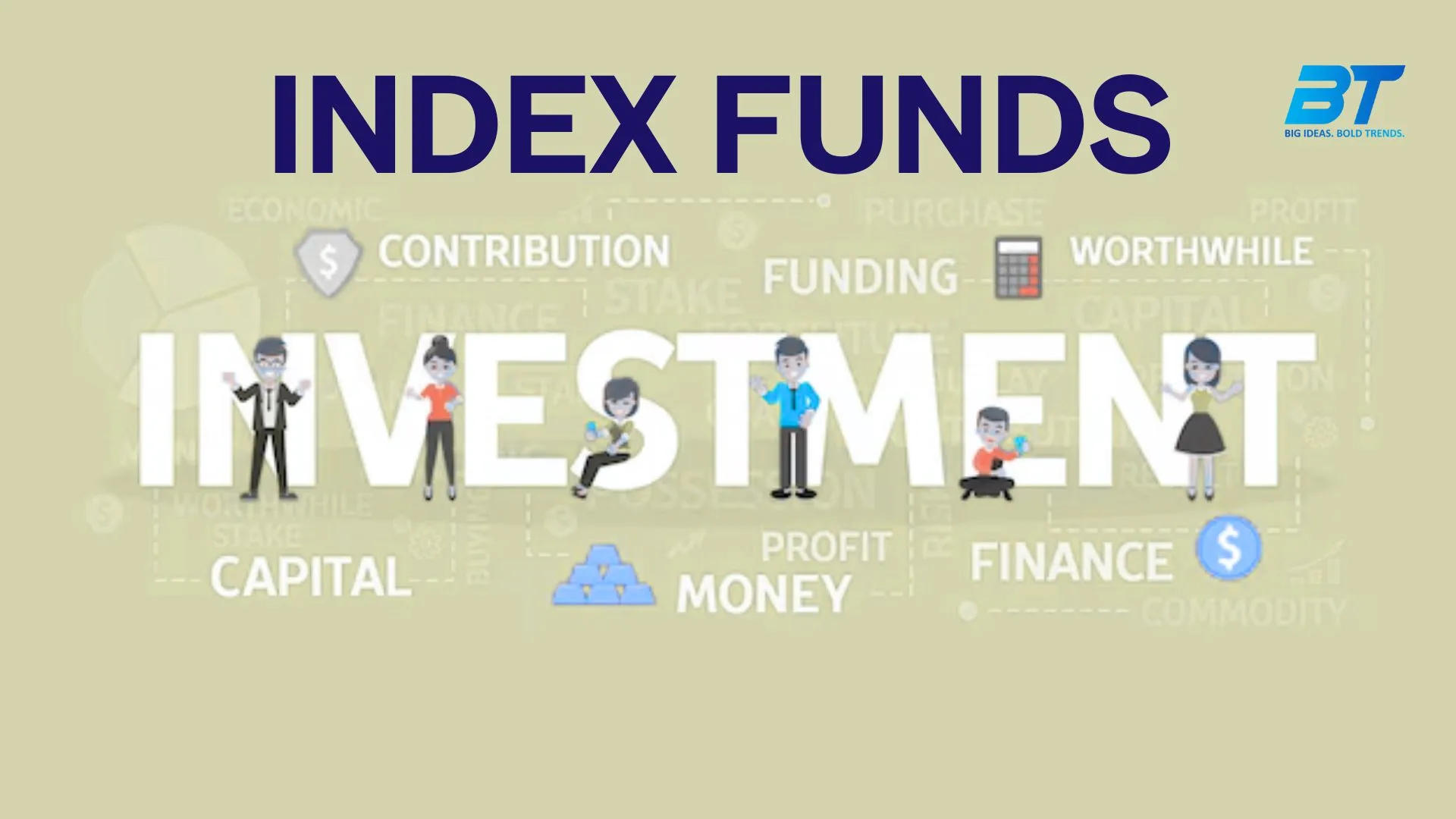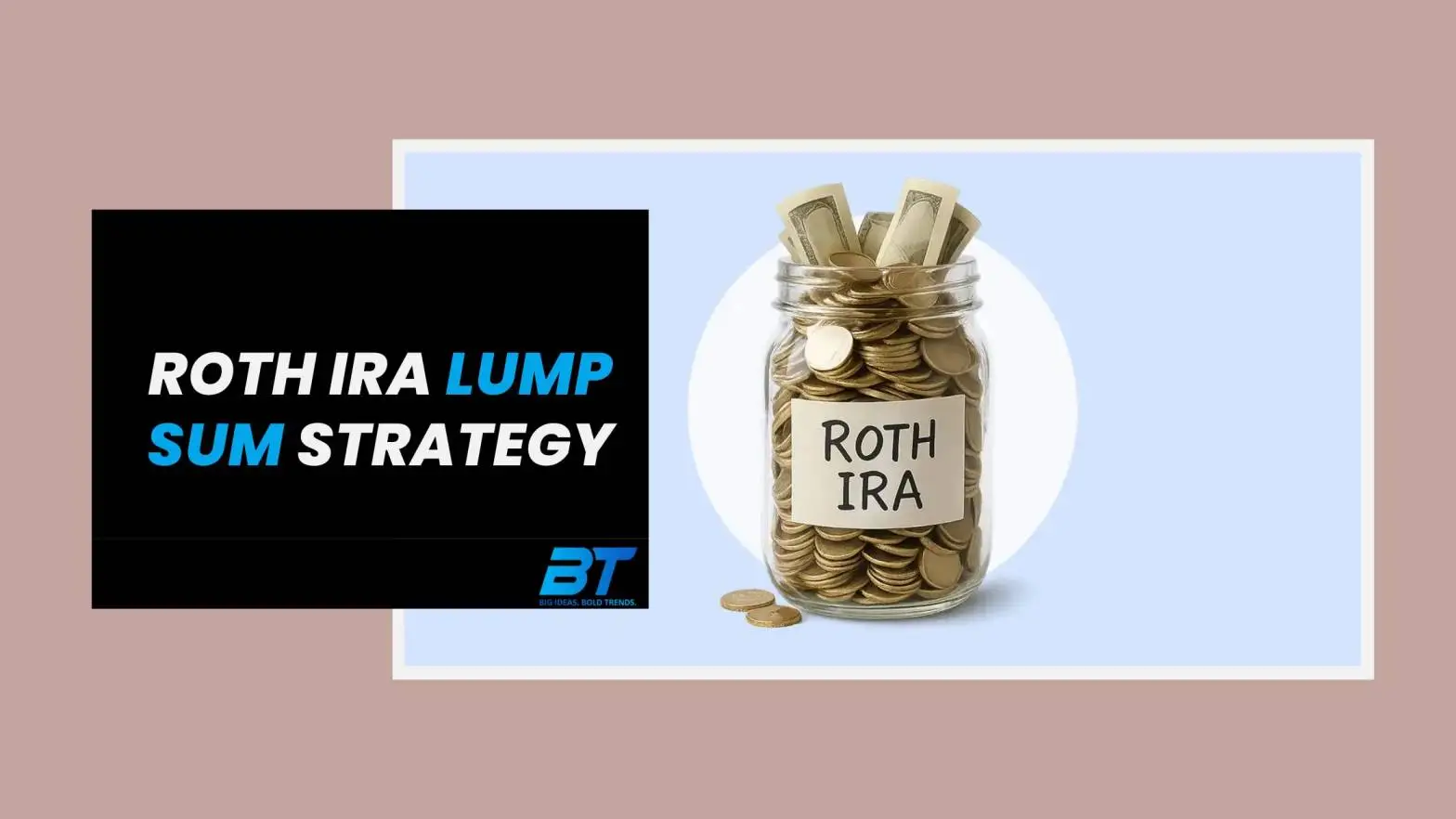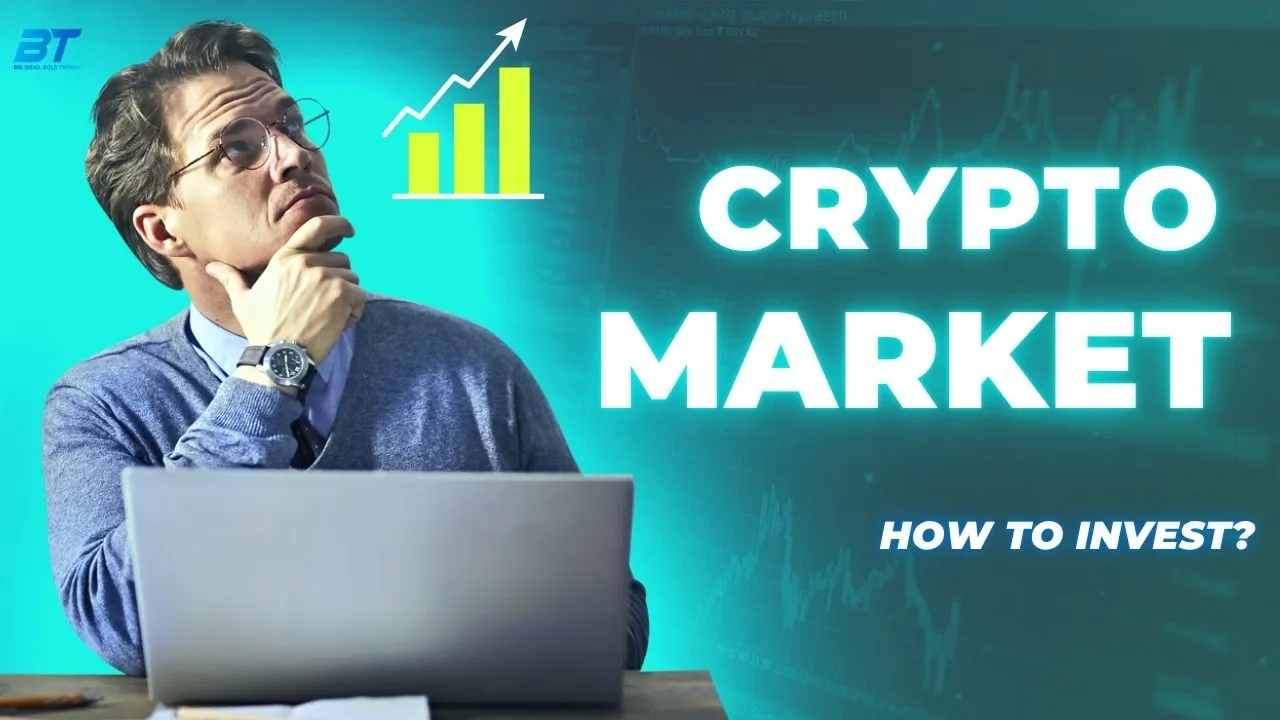
I used to think contributing was as it were for wealthy individuals in favor suits. I'd see stock showcase charts on TV and my eyes would coat over. It appeared like a mystery code I'd never understand.
Then I learned around index funds.
It was like finding the misdirect code for contributing. An list support is a fundamental, low-cost way to claim a minor piece of hundreds of companies all at once. Think of it like a mammoth bushel. Instep of endeavoring to select reasonable one or two winning apples, you buy the aggregate wicker holder. If one apple goes horrendous, it's certify. You still have hundreds of others.
This coordinate will walk you through accurately what they are, why they work so well, and how you can get started. It's less complex than you think.
What is an Index Fund, Really?
Let's break it down without the dumbfounding words.
Imagine your school is having a beast warm bargain. There are 500 tables, each with a differing kind of cookie. You require your share of the bargain to be secure. If you wagered all your cash on the "chocolate chip" table, you'd be in inconvenience if individuals all of a sudden needed oats raisin.
But what if you seem purchase one ticket that gave you a minor, minor piece of each single cookie table? That's an file fund.
In the genuine world, the "heat deal" is the stock showcase. The "tables" are enormous companies like Apple, Google, or Coca-Cola. An record finance doesn't attempt to choose the best treats. It fair naturally buys a piece of each table in the whole deal. This is what we cruel by passively managed index funds. A computer does the work, taking after a list (the "file"), which keeps costs unimaginably moo.
Why Everyone Loves Index Funds: The Big Benefits
So, why are these stores so well known? It comes down to a few straightforward but effective ideas.
You Do not Have to Be a Genius
Most people who endeavor to select the "best" stocks do not beat the grandstand over time. It's like endeavoring to figure which tune will be number one taking after year. It's genuinely troublesome. With an record back, you're not endeavoring to beat the exhibit. You're buying the entirety grandstand. You're guaranteed to get the typical return, which, over various a long time, has been especially great.
They're Super Cheap
This might be the best portion. Since a computer runs them, the expenses are modest. Other stores pay specialists to choose stocks, and you have to pay for that. Those costs eat missing at your cash, like a small spill in a bucket. Over 20 or 30 a long time, a small cost can brought you a fortune. Record stores plug that spill.
You Rest Superior at Night
When you claim hundreds of companies, awful news for one company doesn't demolish your day. The entire point is that your speculation is spread out. This is called enhancement, and it's the closest thing to a security net in contributing.
Obviously, nothing is flawless. Let's look at the big picture.
| The Good Stuff (Pros) | The Not-So-Good Stuff (Cons) |
|---|---|
| Simple & Easy - No complex decisions needed. | No Home Runs - You'll never "beat the market." |
| Low Cost - Very small fees mean you keep more money. | Boring - It's slow and steady, no exciting wins. |
| Diversified - Your risk is spread across many companies. | No Control - You own every company in the index, even the ones you don't like. |
| Proven Track Record - They have worked well for decades for millions of people. | Market Crashes Hurt - If the whole market goes down, your fund goes down too. |
How to Invest in Index Funds: Your First Three Steps
Ready to start? Here’s a simple, step-by-step plan. It’s one of the most effective Investment Strategies for Beginners.
Step 1: Pick an Online Broker.
You need a place to buy the fund, like an online store for investments. Places like Vanguard, Fidelity, or Charles Schwab are great options. They are easy to use and were built on the idea of low-cost investing. Setting up an account is like opening a bank account online.
Step 2: Choose Your Index Fund.
This sounds hard, but it's not. The most popular index fund in the world simply tracks the S&P 500. That's an index of 500 of the biggest companies in the U.S. When people talk about "the market," they're often talking about this. Starting with a fund that follows the S&P 500 is a perfect choice. You can read an Equity Index Fund Review of a specific fund, like the Vanguard S&P 500 ETF (VOO), to see its details.
Step 3: Decide How Much to Invest.
This is the best portion. You do not require thousands of dollars. Numerous brokers presently let you purchase a piece of a share if you can't bear a entire one. You can begin with $50, or indeed less. The most critical thing is to begin.
When Can You Buy and Sell?
This is a common question. The answer is simple: whenever the stock market is open.
You can put an arrange to purchase or offer offers of an file finance on any trade day. The cost is set at the conclusion of the exchanging day. But here's the mystery: you should not be buying and offering regularly.
The entirety enchantment of inactively overseen list stores is that you purchase them and hold them for a long long time think a long time and decades.
Attempting to time the advertise is a fool's diversion. It's like attempting to figure the correct right moment to bounce onto a moving lift. It's much simpler and more secure to fair get on and appreciate the ride.
A Simple Strategy for 2025 and Beyond
You hear a lot about the "best" strategy. For most people, it's incredibly straightforward.
-
Keep Adding Money: Set up automatic transfers from your bank account to your investment account every month. This is called dollar-cost averaging. Sometimes you'll buy when prices are high, sometimes when they're low. It all evens out.
-
Ignore the Noise: The news will always be screaming about a market crash or a new hot stock. Ignore it. Your plan is long-term.
-
Let It Grow: Do nothing. The hardest part is not reacting when things get scary. But history shows that the market has always recovered from every single drop.
Truly, the to begin with time I saw my venture explanation amid a showcase drop, I felt a small debilitated. But I stuck with my arrange, and I'm so happy I did.
Your Simple Path to Getting Started
List stores are the extreme instrument for building riches without the push. They turn the complex world of contributing into a straightforward, programmed propensity. You do not require to be an master. You fair require to be consistent.
Why not take a see at one of those online brokers nowadays? It takes less than 15 minutes to open an account. Your future self will thank you for getting started.
Frequently Asked Questions
What is the minimum amount to invest in passively managed index funds?
You can start with very little money. Some brokers have no minimum at all, especially if you set up automatic monthly investments. You could begin with $50, $25, or even $1 if your broker allows fractional shares.
How do I pick the best index funds for long-term growth?
Look for a fund that follows a big, broad index like the S&P 500. Then, check the fee (called an "expense ratio"). Pick the one with the lowest fee. A low-cost S&P 500 index fund is a great choice for almost anyone.
Is my money safe in an index fund?
Your money is not safe like in a bank account. The value will go up and down. But because you own so many companies, it's much safer than betting on just one stock. Over a long time, the market has always gone up.
How do I actually buy an index fund?
First, open an account with an online broker. Then, search for the ticker symbol of the fund you want, like VOO for a Vanguard S&P 500 fund. Type in how much money you want to invest and click "buy."
When should I sell my index funds?
You should only sell when you need the money, ideally many years in the future for something like retirement. Don't sell just because the news says the market is going down. Selling when prices are low is how people lose money.












